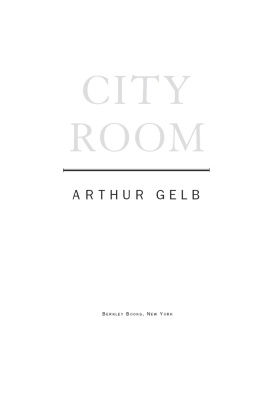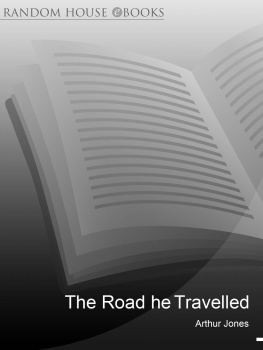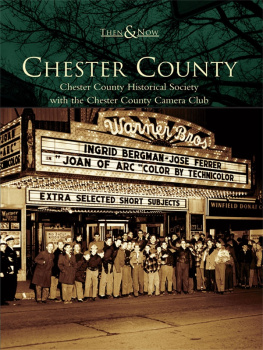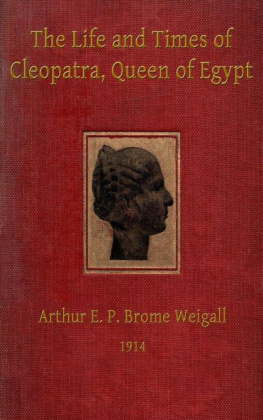Scott S. Greenberger - The Unexpected President: The Life and Times of Chester A. Arthur
Here you can read online Scott S. Greenberger - The Unexpected President: The Life and Times of Chester A. Arthur full text of the book (entire story) in english for free. Download pdf and epub, get meaning, cover and reviews about this ebook. year: 2017, publisher: Da Capo Press, genre: Non-fiction / History. Description of the work, (preface) as well as reviews are available. Best literature library LitArk.com created for fans of good reading and offers a wide selection of genres:
Romance novel
Science fiction
Adventure
Detective
Science
History
Home and family
Prose
Art
Politics
Computer
Non-fiction
Religion
Business
Children
Humor
Choose a favorite category and find really read worthwhile books. Enjoy immersion in the world of imagination, feel the emotions of the characters or learn something new for yourself, make an fascinating discovery.

- Book:The Unexpected President: The Life and Times of Chester A. Arthur
- Author:
- Publisher:Da Capo Press
- Genre:
- Year:2017
- Rating:5 / 5
- Favourites:Add to favourites
- Your mark:
- 100
- 1
- 2
- 3
- 4
- 5
The Unexpected President: The Life and Times of Chester A. Arthur: summary, description and annotation
We offer to read an annotation, description, summary or preface (depends on what the author of the book "The Unexpected President: The Life and Times of Chester A. Arthur" wrote himself). If you haven't found the necessary information about the book — write in the comments, we will try to find it.
The Unexpected President: The Life and Times of Chester A. Arthur — read online for free the complete book (whole text) full work
Below is the text of the book, divided by pages. System saving the place of the last page read, allows you to conveniently read the book "The Unexpected President: The Life and Times of Chester A. Arthur" online for free, without having to search again every time where you left off. Put a bookmark, and you can go to the page where you finished reading at any time.
Font size:
Interval:
Bookmark:
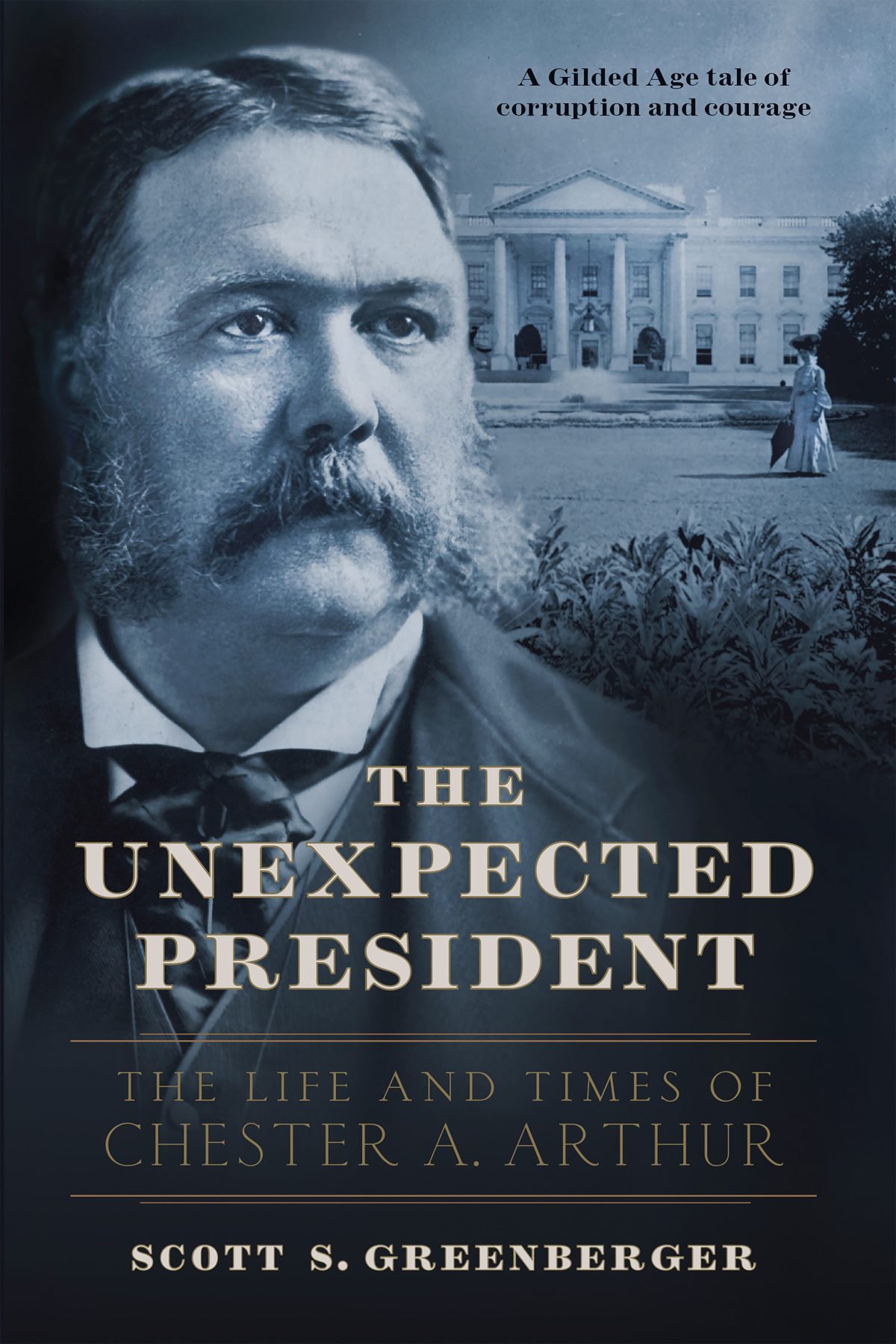
Copyright 2017 by Scott S. Greenberger
Hachette Book Group supports the right to free expression and the value of copyright. The purpose of copyright is to encourage writers and artists to produce the creative works that enrich our culture.
The scanning, uploading, and distribution of this book without permission is a theft of the authors intellectual property. If you would like permission to use material from the book (other than for review purposes), please contact permissions@hbgusa.com. Thank you for your support of the authors rights.
Da Capo Press
Hachette Book Group
1290 Avenue of the Americas
New York, NY 10104
www.dacapopress.com
First Edition: September 2017
Published by Da Capo Press, an imprint of Perseus Books, LLC, a subsidiary of Hachette Book Group, Inc.
The publisher is not responsible for websites (or their content) that are not owned by the publisher.
Print book interior design by Amy Quinn
Library of Congress Cataloging-in-Publication Data
Names: Greenberger, Scott S., author.
Title: The unexpected president : The life and times of Chester A. Arthur/ Scott S. Greenberger.
Description: Boston, MA : Da Capo Press, 2017. | Includes bibliographical references and index.
Identifiers: LCCN 2017014581 | ISBN 9780306823893 (hardback) | ISBN 9780306823909 (ebook)
Subjects: LCSH: Arthur, Chester Alan, 18291886. | Arthur, Chester Alan, 18291886Political and social views. | PresidentsUnited StatesBiography. | United StatesPolitics and government18811885. | BISAC: BIOGRAPHY & AUTOBIOGRAPHY / Political. | HISTORY / United States / 19th Century.
Classification: LCC E692 .G74 2017 | DDC 973.84092 [B]dc23
LC record available at https://lccn.loc.gov/2017014581
ISBNs: 978-0-306-82389-3 (hardcover), 978-0-306-82390-9 (ebook)
LSC-C
E3-20170727-JV-PC
For Michele
CHESTER ARTHUR, OUR nations 21st president, frequently lands on lists of the countrys most obscure chief executives. Few Americans know anything about him, and even history buffs mostly recall him for his distinctive facial hair. People who flock to Arthurs former home in Manhattan, a brownstone that still stands, typically come to shop at a store that sells Indian and Middle Eastern spices and foods, not to see the only site in New York City where a president took the oath of office. Arthurs statue in Madison Square Park, erected by his friends in 1899, is ignored. Arthurs fascinating and surprising story had a lasting impact on the countryso why have we forgotten it?
The first reason is that Arthur rose to power and served in the White House during an era that is a bit foggy in the minds of most Americans. We frequently dissect and rehash the events of the Civil War (and rightly so), but we often ignore the crucial decades immediately following the war. We shouldnt. The social, political, and economic changes that shook America during the 1870s and 1880s were the birth pangs of the society we have today. Arthur became president 136 years ago, but the era Mark Twain dubbed the Gilded Age doesnt feel distant at a time when political corruption, economic inequality, and corporate malfeasance are once again shaking peoples faith in the American experiment.
The second reason is that Arthur had a deep distrust of the press and paid little attention to cultivating his public image, either for his contemporaries or for posterity. Newspapers treated him harshly before he assumed the presidency, and he remained wary of reporters even after attitudes shifted in his favor.
But the main reason Arthurs story is unknown is that he left little behind, creating a challenge for historians. Shortly before he died, he ordered most of his letters, journals, and private papers to be destroyed, for reasons that will be revealed in the pages ahead. For many years, Arthur was represented in the Library of Congress by a single document, a letter he had written during the Civil War and that the library purchased in 1902. Painstaking work by chief librarians over many years gradually added to the holdings, but the collection is meager compared to what is available for most presidents.
In writing this book, I have relied on the letters and papers that do survive, together with the memoriespublished and unpublishedof the men and women who knew Arthur and the wonderfully vivid descriptions that filled the newspapers of the time. Anything between quotation marks comes from a letter, memoir, or other written document, and when I ascribe feelings to Arthur I do so based on his own statements or those of the people around him.
Despite the relative scarcity of writings by Arthur himself, I hope I have done justice to his story. It is the tale of a good man who veered off the right path, but rediscovered his better self with the help of an ordinary young woman who believed in him.
Garfield, Arthur, Harrison, and Hayes were the lost Americans: their gravely vacant and bewhiskered faces mixed, melted, swam together in the sea-depths of a past intangible, immeasurable, and unknowable.

THOMAS WOLFE, The Four Lost Men
was painted on the rock face in letters 20 feet high.
Finally, the island came into view. , the great trans-Atlantic steamships, their smokestacks blackened with soot, slumbered under towering wooden sheds. Ferries crisscrossed the Hudson, carrying passengers to and from the railroad depots that connected the great metropolis to points south and west. The bells of the ferries clanged fiercely, challenging the St. John to stay out of their way.
concealing masts that extended through the St. Johns superstructure to its wooden hull. The steamer catered to passengers every whim, from tables piled high with all of the delicacies of the season to the company of young women who took up residence on board and never wanted for customers.
On this steamy morning, the St. John carried two New York machine politicians accustomed to such opulence.
stood six foot three, with broad shoulders and reddish-blond hair. He wore a manicured beard, and a curl he combed onto the middle of his broad forehead. His polka-dot tie was fastened with a gold pin, and he had tucked a checked handkerchief into the upper pocket of his cutaway coat. He wore English gaiters and pointy shoes, freshly polished, and held a sun umbrella.
.
The two New Yorkers were protagonists in a national debate. Leaders of the Stalwart faction of the Republican Party, they were vociferous supporters of the spoils system, under which victorious candidates rewarded their croniesand perpetuated their powerby handing out government jobs. Once in office, spoilsmen like the men on the St. John collected voluntary campaign donations from government employees, who knew they would be fired if they declined to contribute.
To Republican reformers, the spoils system was a mortal threat to American democracy. Driven by an almost religious fervor, they had become a powerful political force. At large gatherings held in all the nations major cities, they sang songs praising reform and condemning the spoils system as an unadulterated evil. Without reform of the civil service, they argued, it would be impossible to curb the trusts that were beginning to dominate the nations economy, since there would be nothing to prevent them from buying influential posts for their allies. At present there is no organization save , which defrauds the country in the collection of taxes on a scale so gigantic that the commissioners of revenue, collectors, assessors, and Treasury officersat least those of them who are honestbow their heads in shame and despair.
Font size:
Interval:
Bookmark:
Similar books «The Unexpected President: The Life and Times of Chester A. Arthur»
Look at similar books to The Unexpected President: The Life and Times of Chester A. Arthur. We have selected literature similar in name and meaning in the hope of providing readers with more options to find new, interesting, not yet read works.
Discussion, reviews of the book The Unexpected President: The Life and Times of Chester A. Arthur and just readers' own opinions. Leave your comments, write what you think about the work, its meaning or the main characters. Specify what exactly you liked and what you didn't like, and why you think so.

